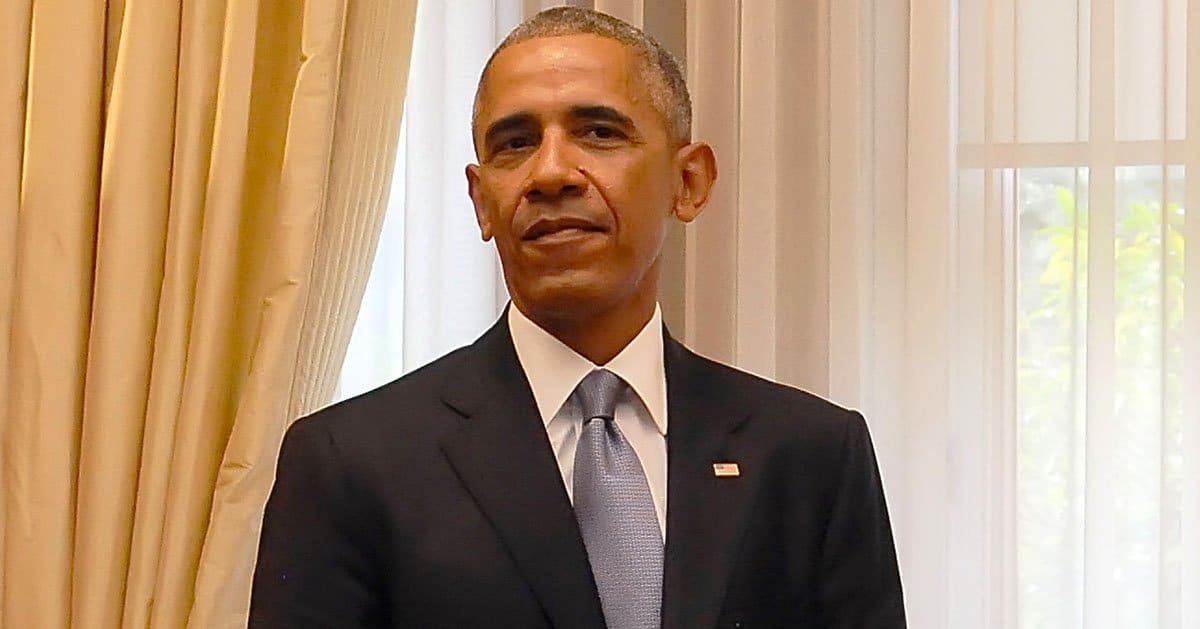




The Trump administration just dropped a financial bombshell on three Mexican banks, accusing them of funneling dirty money for drug cartels.
The New York Post reported that on Wednesday, sanctions slammed CIBanco, Intercam Banco, and Vector Casa de Bolsa, marking a bold strike against the fentanyl crisis. This move signals a no-nonsense approach to choking off cartel cash flows.
The Treasury Department, wielding new powers under the Fentanyl Sanctions Act and FEND Off Fentanyl Act, barred U.S. banks from dealing with these firms.
These sanctions aim to cripple the financial networks that keep fentanyl flooding American streets. It’s the first time these laws have been flexed, and the target is clear: cartel enablers.
Earlier in 2025, Trump labeled several Mexican cartels as terrorist groups, setting the stage for this crackdown. The Treasury’s Financial Crimes Enforcement Network (FinCEN) fingered CIBanco, Intercam, and Vector for moving cartel money, with a combined $22 billion in assets. That’s no small fry in the financial world.
FinCEN’s probe uncovered a sordid history of these banks cozying up to cartels like the Jalisco New Generation Cartel (CJNG) and Gulf Cartel. From 2021 to 2024, CIBanco and Intercam handled over $3.6 million in purchases of fentanyl precursor chemicals from China. That’s not pocket change—it’s a pipeline for poison.
In 2022, Intercam executives reportedly sat down with suspected CJNG members to scheme on laundering cash, including funds from China.
This wasn’t a casual coffee chat; it was a deliberate move to grease the wheels of drug trafficking. The audacity is almost cartoonish, but the consequences are deadly serious.
“Cartels have exploited Mexico-based financial institutions to move money, enabling the vicious fentanyl supply chain that has poisoned countless Americans,” Treasury Secretary Scott Bessent said. He’s not wrong, but it’s worth asking why it took so long to pull the trigger on these banks. The fentanyl epidemic isn’t exactly breaking news.
CIBanco’s rap sheet includes a 2023 incident where an employee knowingly set up an account to launder $10 million for a Gulf Cartel member. That’s not a clerical error; it’s complicity. The bank’s negligence—or worse, collusion—has real-world body counts.
Vector Casa de Bolsa’s misdeeds stretch back to 2013, when a Sinaloa Cartel money mule laundered at least $2 million through the firm.
Since 2019, Vector processed transfers to over 20 China-based companies shipping fentanyl precursors to Mexico. This isn’t a one-off; it’s a pattern of enabling devastation.
In 2021, Vector moved over $17 million in shady wire transfers to China-based firms tied to drug trafficking. FinCEN says these deals likely fueled opioid trafficking by Mexican cartels. The numbers don’t lie, and neither does the trail of destruction left in fentanyl’s wake.
Vector even processed bribes paid by the Sinaloa Cartel to a former top Mexican law enforcement official, convicted of corruption in 2023. This isn’t just about money; it’s about betraying public trust on both sides of the border. The rot runs deep when cartels can buy off officials with ease.
“Through the first use of a new powerful authority granted by Congress, Treasury will effectively require US financial institutions to sever ties with 3 Mexico-based financial institutions for laundering money on behalf of cartels,” Bessent declared. It’s a strong move, but let’s not kid ourselves—cartels are slippery, and they’ll look for new loopholes. Vigilance is non-negotiable.
The sanctions lock these firms out of the U.S. financial system, a death knell for any bank craving global legitimacy.
The Treasury’s goal is to starve cartels—designated as Foreign Terrorist Organizations and Specially Designated Global Terrorists—of their financial oxygen. It’s a strategy that hits where it hurts: the wallet.
“Both the United States and Mexico are committed to financial systems with strong anti-money laundering/countering the financing of terrorism controls,” Bessent added. Sounds nice, but Mexico’s track record on rooting out corruption raises eyebrows. Cross-border cooperation is critical, yet trust is in short supply.
These sanctions are a wake-up call for financial institutions everywhere: play ball with cartels, and you’ll get burned. The Trump administration’s message is clear—fentanyl’s reign of terror must end, and it starts with cutting off the money. But will Mexico step up, or keep turning a blind eye?



